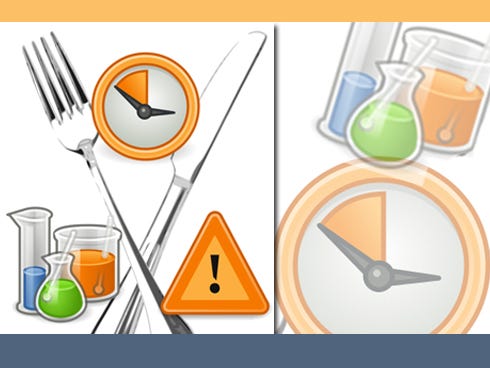
This time of year, people are outdoors biking, hiking trails, swimming, strolling along the beach, or heading out for a picnic at the park.
While we are enjoying the great outdoors, we must remember to keep our food safe to avoid foodborne illness, such as e-coli and salmonella.
Foodborne illness symptoms like diarrhea, severe stomach cramps and vomiting are no fun to deal with.
When packing a lunch or snacks for a terrific day out, follow these tips:
•Wash hands thoroughly before and throughout the cooking process. Use soap and warm water when available, wash for 20 seconds and rinse well. If you don’t have soap, hand sanitizer is an option.
•Keep raw meats separate from ready-to-eat foods: Raw foods should be wrapped separately from foods requiring no additional cooking. Use separate cutting boards, platters and utensils for raw foods to prevent bacteria from cross-contaminating, or spreading to, ready-to-eat foods. Always wash and sanitize your cooking area and utensils.
•Keep cold foods cold until ready to cook. Use a cooler and icepacks to help. Cold foods should be kept at 40 degrees Fahrenheit or cooler; keep a thermometer in your cooler so you can check.
•Keep hot foods hot in an insulated container. Hot foods should remain above 140 degrees Fahrenheit to prevent bacteria from spreading.
•Cook food thoroughly. Use the chart at the side to determine safe minimum internal temperatures for your meal. Pack a thermometer to check the internal temperature of cooked foods.
•Leftovers should be wrapped and stored properly. Bacteria grows fastest in temperatures between 40 degrees Fahrenheit and 140 degrees Fahrenheit. If you cannot maintain proper storage temperatures during your outing, you may need to toss the leftovers. Save yourself the money and storage task and only pack what you’ll need.
Look for upcoming summer programs in food safety and canning. For more information, contact me at 689-5850 or jbreslawski@ufl.edu.
Jill Breslawski is an agent at the University of Florida's Institute of Food and Agricultural Sciences Extension office in Crestview.
This article originally appeared on Crestview News Bulletin: BRESLAWKSI: 6 tips to avoid foodborne illness in Northwest Florida
